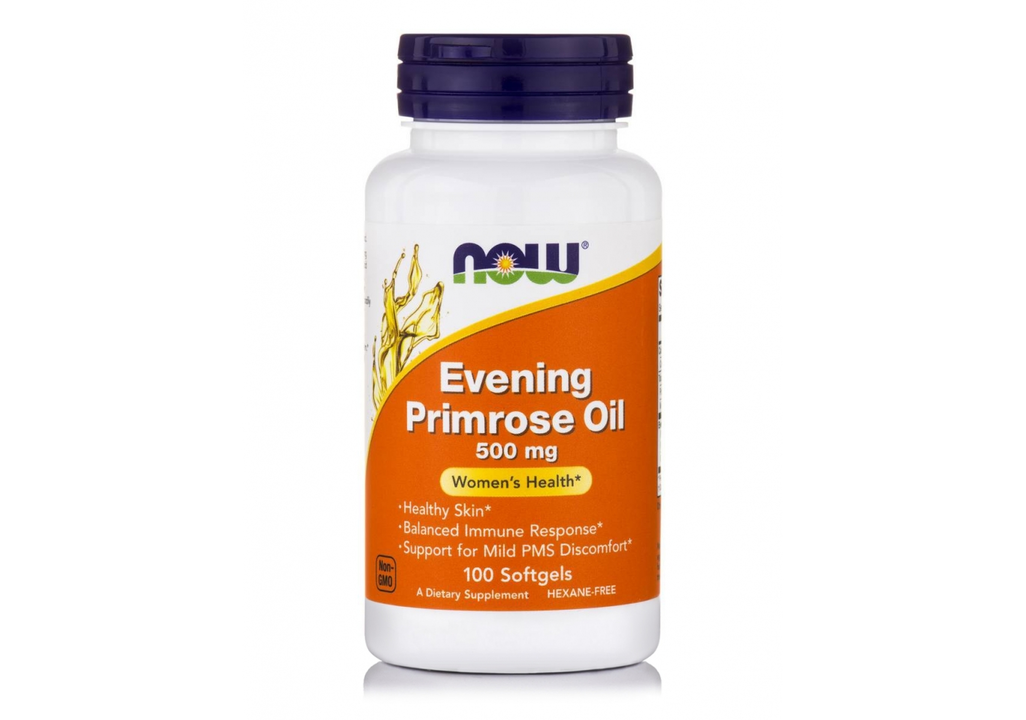You might be spending on pills that do nothing for you — or worse, clash with your meds. Daily supplements can help, but only when they match a real need and are used safely. This page collects practical advice and specific articles on supplements so you can make smarter picks without the hype.
Start with a simple question: do you have a gap in your diet or a medical reason? People who commonly benefit are pregnant women (folate), older adults (vitamin B12, vitamin D), people with restricted diets, and anyone diagnosed with a deficiency by blood tests. If your doctor or a lab shows low levels, a targeted supplement often helps faster than changing diet alone.
Avoid one-size-fits-all pills. Multivitamins can be fine as insurance for average diets, but they aren’t a fix for a real deficiency. For performance or rapid weight loss, beware of flashy products like raspberry ketone — evidence is weak and claims are often exaggerated.
Check three things: ingredient, dose, and quality. Read labels closely — know the active ingredient and how much you’re getting. Don’t assume "natural" means safe: herbs like chuchuhuasi can interact with medicines or cause side effects if you’re on blood pressure drugs or blood thinners.
Watch interactions. Vitamin K affects warfarin; high-dose vitamin E or fish oil can increase bleeding risk with blood thinners; St. John's wort can cut effectiveness of many prescription drugs. If you take regular medication, ask your pharmacist or doctor before adding anything new.
Choose third-party tested brands when possible. Look for seals from USP, NSF, or ConsumerLab to reduce the chance of contaminants or wrong doses. Avoid products that hide ingredient amounts behind “proprietary blends.”
Match nutrient type to how your body absorbs it. Fat-soluble vitamins (A, D, E, K) work better with a meal that contains fat. Water-soluble vitamins (C, most B vitamins) are fine on an empty stomach. Timing can matter: magnesium at night can help sleep for some people; iron should be taken away from calcium for best absorption.
Avoid megadoses unless a clinician recommends them. More is not always better — too much of a good thing can harm your liver, kidneys, or interfere with other nutrients. Keep a list of all supplements and update it annually with lab checks.
This tag collects practical articles on specific supplements so you can dig deeper: "Unlocking the Benefits of Calcium D-Glucarate," "Revitalize Your Health with Slippery Elm," pieces on raspberry ketone, chuchuhuasi, and tung seed, plus guides on choosing quality brands. Use the articles to compare real benefits, risks, and what the evidence shows before you buy.
Want help deciding? Start with a blood test, pick a targeted product backed by testing, and check for drug interactions. Small, informed steps beat hype every time.

Ipriflavone has recently caught my attention as a supplement that deserves a spot in our daily routines. After researching its benefits, I've discovered that it can significantly improve bone health, making it especially important for those at risk of osteoporosis. Additionally, it has been found to enhance the effectiveness of calcium supplements and promote overall bone density. Ipriflavone also has potential benefits for postmenopausal women, as it can alleviate some common symptoms experienced during this time. Overall, I truly believe that incorporating Ipriflavone into our daily supplement regimen can work wonders for our long-term health and well-being.
View more